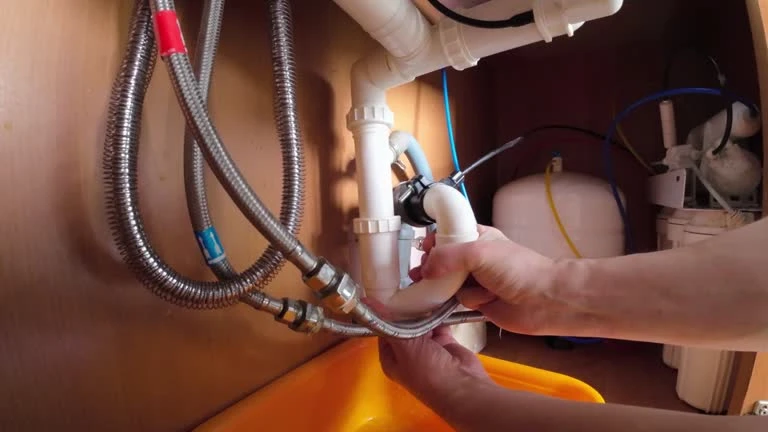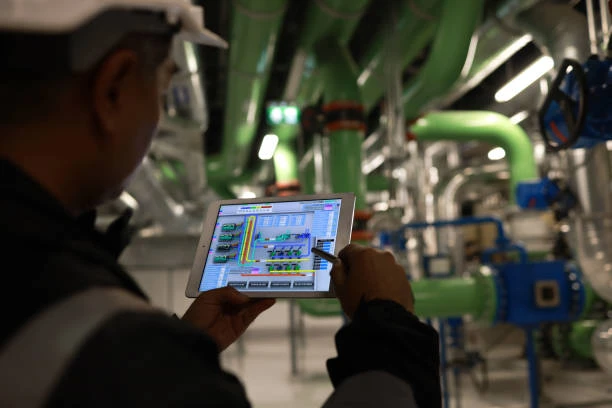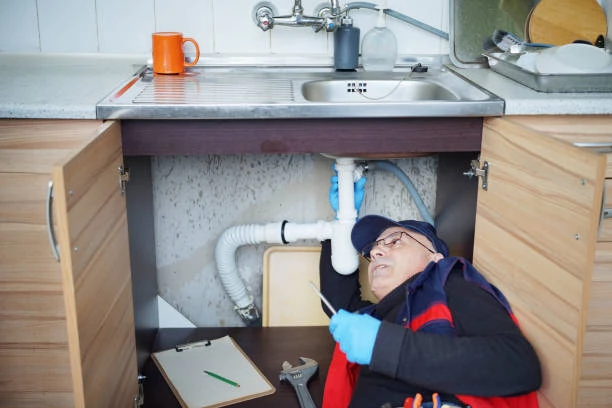Introduction to Smart Water Valve Control
Smart water valve control revolutionizes water management systems. These advanced valves integrate technology for precise control. They use sensors and automation to optimize water flow. Many industries and households adopt them for efficiency. For example, smart irrigation systems rely on them. They also enhance water conservation efforts. Their real-time monitoring prevents leaks and waste. Additionally, they reduce manual intervention. This makes them ideal for modern, automated setups. Overall, smart water valve control ensures sustainable and efficient water usage. Its growing adoption highlights its importance in resource management.
Benefits of Smart Water Valve Control
Smart water valve control offers numerous advantages. First, it provides precise water flow regulation. This ensures optimal usage and minimizes waste. Second, it detects leaks and malfunctions instantly. This prevents water loss and costly damages. Third, it supports remote monitoring and control. Users can manage systems via smartphones or computers. Fourth, it enhances energy efficiency. Automated systems reduce pump operation time. Fifth, it integrates with other smart home devices. For instance, it works with weather sensors for irrigation. These benefits make smart water valve control a game-changer. Its cost-effectiveness further adds to its appeal.
Applications in Various Industries
Smart water valve control serves diverse industries. In agriculture, it optimizes irrigation systems. Farmers save water and improve crop yields. In residential settings, it manages household water supply. Homeowners prevent leaks and reduce bills. Industries use it for efficient water distribution. For example, factories monitor water usage in real-time. Municipalities employ it for public water systems. It detects pipe bursts and reduces water loss. Additionally, it supports green building initiatives. Every application highlights its versatility and efficiency. Smart water valve control transforms water management across sectors. Its adaptability ensures widespread adoption.
Key Features of Smart Water Valves
Smart water valves come with advanced features. First, they include real-time sensors for flow monitoring. These sensors detect anomalies like leaks or blockages. Second, they offer remote control via apps or web interfaces. Users adjust settings from anywhere. Third, they integrate with IoT platforms. This enables data collection and analysis. Fourth, they support automation based on predefined conditions. For example, valves close during heavy rainfall. Fifth, they are durable and weather-resistant. These features ensure reliable performance in various environments. Smart water valves combine innovation with practicality. Their user-friendly design enhances accessibility.
Installation and Maintenance Tips
Installing smart water valve control requires careful planning. First, choose a compatible system for your needs. Ensure it integrates with existing infrastructure. Second, follow the manufacturer’s guidelines for installation. Proper setup ensures optimal performance. Third, test the system thoroughly after installation. Check for leaks and connectivity issues. For maintenance, regularly update the software. This ensures access to the latest features. Clean sensors to prevent false readings. Replace batteries or power sources as needed. Proper care extends the system’s lifespan. Smart water valve control remains efficient with minimal upkeep. Regular inspections ensure long-term reliability.
Future Trends in Smart Water Valve Technology
The future of smart water valve technology looks promising. Innovations focus on enhancing connectivity and AI capabilities. Advanced algorithms will predict water usage patterns. This improves efficiency and reduces waste. Additionally, biodegradable materials may replace traditional components. This aligns with global sustainability goals. Smart valves will integrate with renewable energy sources. For example, solar-powered systems will become common. Furthermore, blockchain technology may secure data transmission. These advancements will revolutionize water management. Smart water valve control will continue to evolve, ensuring smarter and greener solutions. Its integration with smart cities will drive global efficiency.
IFAN Products international standards
IFAN products strictly adhere to a comprehensive range of international standards, encompassing ISO 15874, EN 15874, ASTM F2389, DIN 8077/8078, GB/T 18742, NBR 15884, ISO 15494, EN ISO 15494, GB/T 19472, NBR 15494, ASTM 2846 (501), DIN 8079/8080 (502), ASTM F441/F441M SCH80 (503), DIN (504), DIN (505), GB/T 18993, AS/NZS 1477, CSA B137.6, NSF/ANSI 14, TIS 17-2532/1131-2535, BS 3505, BS 4346 (801), ASTM D1785 SCH40 (802), ASTM D1785 SCH80 (803), DIN (804), GB (805), GB (806), GB(901), DWV(902), ASTM D2665 (903), along with ASTM D2241, D2665, D2729, and F441/F441M series, ISO 1452, EN ISO 1452, DIN 8061/8062, GB/T 10002, AS/NZS 1477, JIS K6741, CSA B137.3, and other national and industry norms.
Connect
IFAN is a Chinese manufacturer of plastic pipes, fittings and valves with 30 years of experience. If you are interest in IFAN copper fittings, copper valves, plastic pipes and fittings, please contact us. IFAN offers you a variety of standard pipes to meet your specific needs. Click below to learn more about IFAN’s wide range of affordable and cost-effective valve products and piping system related products.
We will reply your email or fax within 24 hours.
You can call us at any time if there is any question on our production.
For more information,pls visit our webside https://waterpipefitting.com/
Pls Mailto: [email protected]
Whatsapp: +86 15088288323














Recent Comments